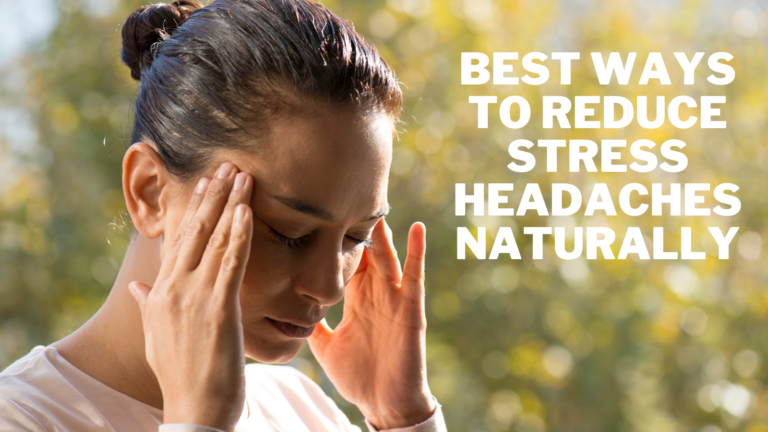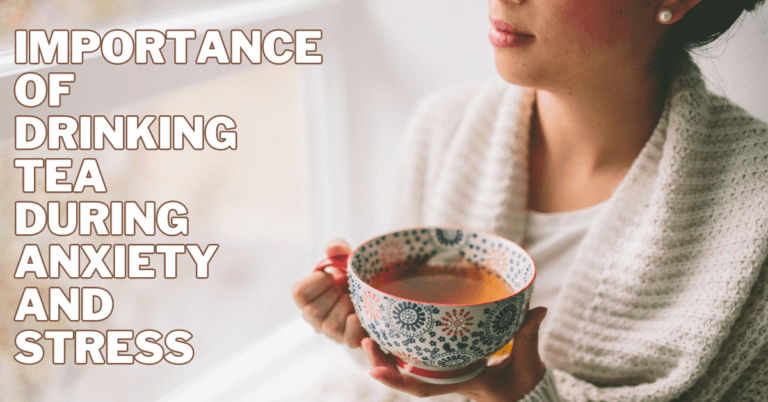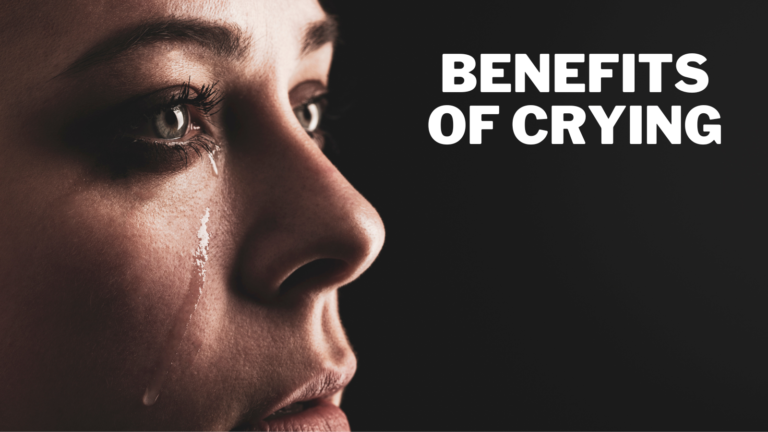Best Relaxation Techniques For Tension Headaches
Best Relaxation Techniques For Tension Headaches
Tension headaches can be debilitating, but relaxation techniques offer a natural way to ease the pain and prevent future occurrences.
By incorporating simple practices like deep breathing, progressive muscle relaxation, and mindfulness meditation, you can alleviate stress and soothe tight muscles, often the root causes of tension headaches.
This guide will explore effective, easy-to-follow techniques for relaxing and managing headaches, allowing you to reclaim your comfort and well-being naturally.
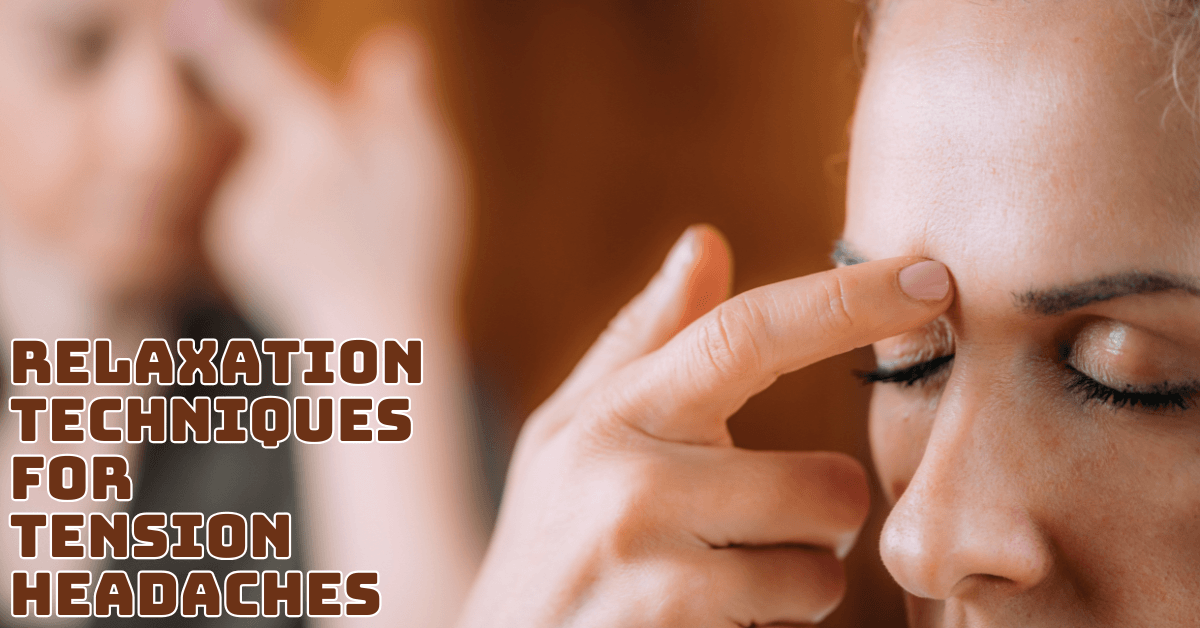
What Does A Tension Headache Mean?
Tension headaches are among the most common types, and they are often caused by stress, muscle strain, or anxiety. They typically feel like a constant, dull ache or pressure around the forehead, sides of the head, or back of the neck.
In contrast to migraines, tension headaches typically do not cause nausea, vomiting, or blurred vision. The pain from a tension headache is often described as a tight band or a clamp squeezing the head.
It may last from 30 minutes to several hours. In some cases, the headache can persist for days if left untreated. Factors such as poor posture, overexertion, or emotional stress often trigger these headaches by tightening the muscles in the neck and scalp.
Tension headaches are classified into two categories: episodic and chronic. While chronic tension headaches arise more frequently and can become a daily problem, episodic tension headaches occur less regularly—typically fewer than 15 days per month.
Although tension headaches are rarely a sign of a serious condition, they can significantly affect daily activities and quality of life.
Stress management, posture correction, and relaxation exercises can reduce the frequency and intensity of tension headaches and achieve long-term relief.

What Is The Cause Of A Tension Headache?
Tension headaches are primarily caused by muscle tension and stress. Factors that contribute to this tension include:
1. Stress
Emotional stress, anxiety, or concern triggers the body's “fight or flight” response, causing the muscles in the head, neck, and shoulder to tense.
This constant muscle tension can lead to a dull, aching sensation and a tension headache. The more prolonged the stress, the longer the muscles stay tight, making headaches more frequent or severe. Managing stress through relaxation techniques can reduce muscle tightness and alleviate headaches.

2. Poor Posture
Poor posture includes hunching over a desk, craning one's neck to use a phone, and overworking the neck and upper back muscles.
This strain creates tension in the scalp and neck, often triggering headaches. Prolonged poor posture can exacerbate this tension, leading to chronic pain.
Adopting ergonomic practices and taking posture breaks throughout the day can help prevent posture-related headaches.
3. Muscle Strain
Muscles can become taut due to repeated tension or overexertion, especially in the shoulders, back, and neck. This tightness often radiates to the head, resulting in tension headaches.
Heavy lifting, awkward movements, or repetitive physical tasks are common causes. Stretching, gentle exercises, and proper technique when lifting or working can reduce muscle strain and the frequency of tension headaches.
4. Lack Of Sleep
Insufficient or poor-quality sleep negatively affects your body’s ability to relax, leading to physical and mental tension. This tension stiffens the neck, scalp, and shoulder muscles, increasing the likelihood of tension headaches.
Additionally, fatigue from lack of sleep amplifies your pain sensitivity, making headaches feel more severe. One way to lessen headaches caused by lack of sleep is to prioritize rest and create a regular sleep routine.

5. Eye Strain
Long-term screen staring or continuous reading without pauses strain the muscles surrounding the eyes. This eye strain extends to the forehead, temples, and neck muscles, resulting in tension headaches.
Continuous focus without relaxation leads to increased discomfort over time. The 20-20-20 rule is crucial: every 20 minutes, gaze at anything 20 feet away for at least 20 seconds to avoid migraines from eye strain.
6. Dehydration
Headaches may result from dehydration, which lowers blood volume and reduces oxygen delivery to the brain. Additionally, dehydration causes muscles to cramp or become tight, further contributing to tension headaches.
Simple tasks like forgetting to drink enough water during a busy day can trigger these headaches. Staying hydrated by drinking water regularly can prevent dehydration and reduce the risk of tension headaches.
7. Fatigue
Physical and mental exhaustion results in tightened muscles and increased stress, which are key contributors to tension headaches.
Fatigue weakens your body’s ability to manage pain and anxiety, making you more prone to headaches. Whether from overworking, emotional burnout, or lack of rest, fatigue exacerbates the muscle tension linked to headaches. Managing energy levels through rest and self-care can help reduce fatigue-induced headaches.
8. Overuse Of Pain Relievers
Taking pain relievers too frequently for headaches can create a cycle of “rebound” headaches. The body begins to depend on the medication, and when its effects wear off, withdrawal symptoms occur.
This leads to muscle tension and headaches, often stronger than the original. Reducing reliance on pain medications and using alternative treatments can help break this cycle and reduce rebound headaches.

9. Caffeine Withdrawal
Regular caffeine consumption stimulates the release of adrenaline and dopamine, which keep you alert. When caffeine intake is suddenly reduced, the drop in these chemicals can cause withdrawal symptoms, including headaches.
Muscle tightness, fatigue, and irritability often accompany this type of headache. Gradually tapering off caffeine, rather than quitting abruptly, can help minimize withdrawal-related tension headaches.
10. Hormonal Fluctuations
Hormonal changes during menstruation, pregnancy, or menopause can impact muscle tension and trigger headaches. Estrogen, which regulates pain perception, fluctuates during these times, increasing headache sensitivity.
These hormonal shifts can cause muscles to tighten, contributing to tension headaches. Monitoring hormonal cycles and using preventive measures can help manage hormone-related headaches.

11. Strong Scents
Exposure to potent smells like perfumes, cleaning products, or chemicals can overstimulate the nervous system. This sensory overload triggers headaches, as the brain reacts with muscle tension, particularly around the temples and scalp.
People sensitive to smells may find relief by avoiding strong fragrances or choosing fragrance-free alternatives to prevent tension headaches caused by scent irritation.
Relaxation Techniques For Tension Headaches
Here are effective relaxation techniques to relieve tension headaches:
1. Deep Breathing
Take a moment to focus on your breathing. Feel the air fill your lungs as you take a slow, deep breath through your nose.
Next, release your tension by slowly exhaling through your mouth. This simple act helps your body relax, loosening tight muscles and reducing the tension causing your headache. Deep breathing calms your mind and signals your muscles to release discomfort.
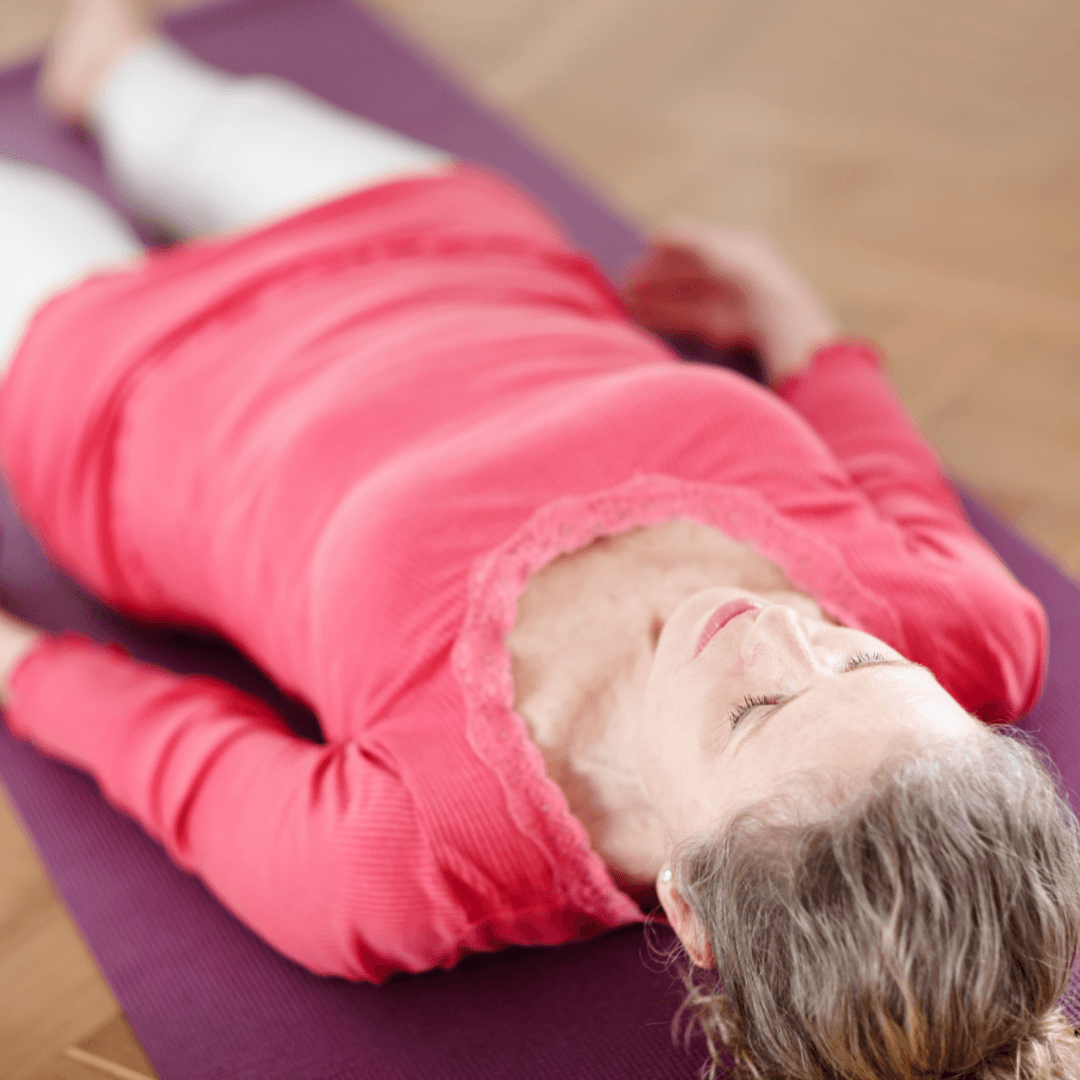
2. Progressive Muscle Relaxation
Start by tensing and releasing each muscle group, beginning with your toes and gradually moving upward. Feel the tension melt away with every release, leaving you more relaxed with each step.
This technique helps you become more aware of the areas where you're holding tightness, especially in your neck and shoulders, which are common culprits in tension headaches. It’s like hitting a reset button for your muscles, easing headache pain.
3. Mindfulness Meditation
One of the best methods for relieving tension headaches is mindfulness meditation. It encourages you to focus on the present moment, quieting the noise in your head and releasing the stress that tightens your muscles.
Mindfulness meditation also enables you to simply observe your thoughts without judgment, which reduces anxiety and the muscle tension that often leads to headaches. It’s not about clearing your mind but about giving your body the mental space to relax and recover.
4. Heat Therapy
Applying a warm compress to your neck or shoulders will reassure and care for your muscles. The warmth increases blood flow, relaxing tight areas and relieving stiffness.
It’s a simple way to target the tension that causes headaches, making your muscles more pliable and less likely to stay tight and painful. A warm shower or heating pad can provide the same soothing relief you need most.

5. Neck And Shoulder Stretches
Tension builds in your neck and shoulders, often leading to headaches. Gentle stretches can loosen those areas and reverse this process.
Slowly tilt your head from side to side or roll your shoulders, allowing your muscles to release their grip. These movements relieve discomfort and help prevent future headaches by improving flexibility and reducing strain on the muscles responsible for the tension.
6. Visualization
Close your eyes and transport yourself to a peaceful place—perhaps a quiet beach or a serene forest. As you imagine yourself there, notice how your body responds.
Your muscles begin to relax, your breathing slows, and the tension causing your headache eases. Visualization is a powerful tool because it positively engages your mind, helping you mentally escape stress and create a sense of calm that reduces physical tension.
7. Acupressure
Picture yourself gently pressing the soft spot between your thumb and index finger. This small action helps release muscle tension, particularly the kind that builds up and leads to headaches.
You can also press the base of your skull, where tension often hides. Acupressure offers a hands-on way to relieve pain, encouraging tight muscles to relax and calming your body without needing medication or equipment.
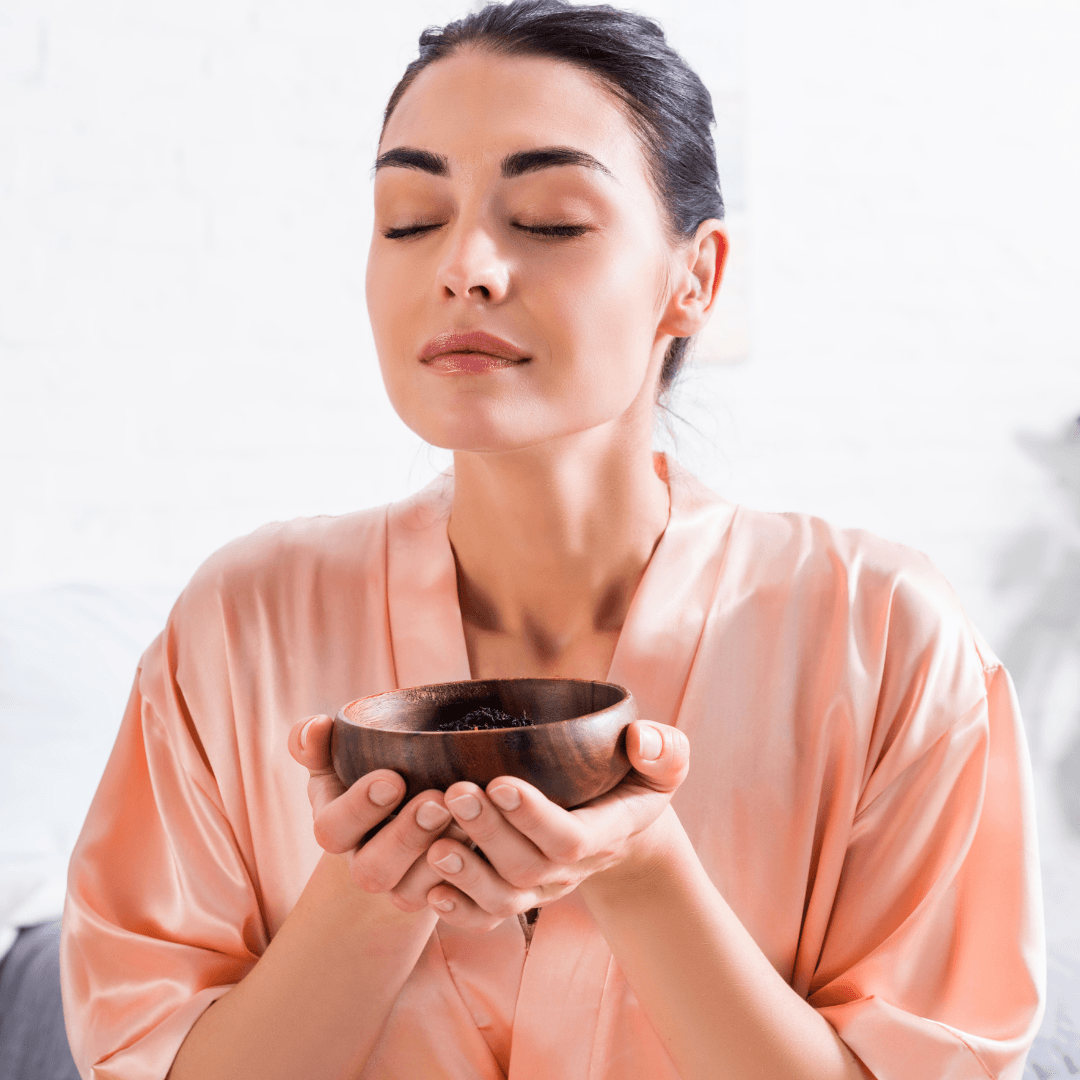
8. Aromatherapy
Aromatherapy is a delightful relaxation technique for tension headaches. It utilizes soothing scents like lavender and peppermint to help relax your body and mind.
These essential oils work like nature’s medicine for tension headaches, helping to relax your body and mind. After diluting it with a carrier oil, the relaxing scent stays when applied to your wrists or temples, relieving tension and headache discomfort. Aromatherapy is a gentle way to invite calm into your space, giving you a peaceful break from stress and pain.
9. Massage Therapy
A gentle scalp or neck massage feels like a release valve for built-up tension. With every stroke, tight muscles soften, and blood flow increases, easing the pain causing your headache.
Whether it’s self-massage or from a professional, this technique is a powerful way to relieve the muscle knots responsible for headaches. As the pressure melts, you’ll feel lighter, looser, and more relaxed.
10. Yoga
Imagine sinking into a child’s pose or stretching into a downward dog. These yoga positions are meant to extend and ease tense muscles in your shoulders, back, and neck—muscles that frequently cause tension headaches.
Yoga combines gentle movement with mindful breathing, helping reduce headaches by releasing stress and keeping your body flexible. It’s a holistic approach to both prevention and relief.

11. Hydration
Sometimes, the simplest solution is the best. A glass of water can work wonders if your headache is caused by dehydration.
When you’re not drinking enough, your body signals distress through muscle cramps and tightness, leading to headaches.
Staying hydrated throughout the day helps prevent this, ensuring your muscles remain relaxed and your head pain-free.
12. Cold Therapy
Picture the soothing chill of a cold pack on your forehead or neck. Cold therapy works by narrowing blood vessels and numbing the area, which helps reduce inflammation and relieve headache pain.
The coolness creates a calming effect, providing immediate relief to tense muscles. Whether you use a cold pack or a bag of frozen veggies, it’s an easy and effective way to soothe a headache.
13. Sound Healing
Sound healing is an effective relaxation technique for tension headaches. It utilizes calming sounds to create a peaceful atmosphere that melts away stress and tension.
Using sound bowls or tuning forks adds a layer of vibrational healing that resonates through your body, creating a profound sense of tranquillity.
As you relax into the sounds, you may find your headache symptoms easing, allowing your mind and body to reconnect harmoniously.
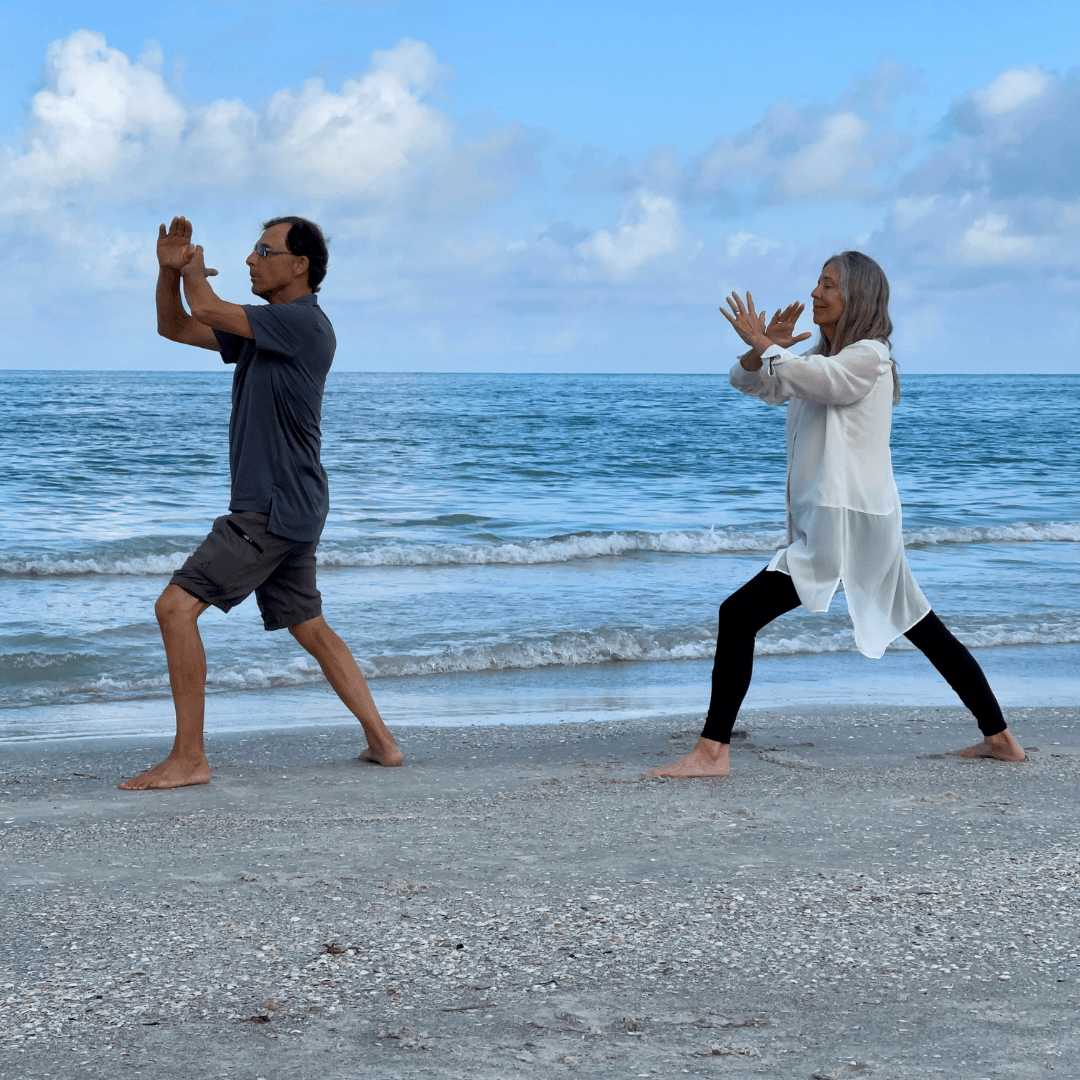
14. Tai Chi
Picture yourself moving gracefully through gentle, flowing motions. Tai Chi is a lovely mind-body dance that blends slow motions, deep breathing, and meditation.
This ancient practice helps release built-up tension in your muscles while improving circulation. As you focus on each movement, you’ll feel the stress melt away, and your body will gradually loosen, making Tai Chi an effective way to alleviate tension headaches and enhance overall well-being.
15. Guided Imagery
Close your eyes and allow your mind to wander to a serene place—a quiet beach, a tranquil forest, or anywhere you feel peaceful.
Guided imagery uses recordings or apps to lead you through this visualization process, helping you escape stress and discomfort.
As you immerse yourself in this mental sanctuary, your body relaxes, and muscle tension fades. This technique is a delightful mental getaway, relieving your mind and body from headaches.
16. Chanting Or Mantra Repetition
Consider the power of your voice as you chant or repeat calming mantras. This practice fosters relaxation and creates soothing vibrations that resonate throughout your body.
As you focus on the rhythm of your words, your mind quiets, and tension dissipates. The meditative aspect of chanting helps centre your thoughts, making it a valuable tool for easing headache symptoms and promoting a sense of calm in your busy life.

17. Nature Walks
Imagine taking a stroll through a peaceful park surrounded by greenery and the gentle sounds of nature. Going outside lets you connect with nature, get some fresh air, and lower your stress level.
The combination of movement and natural beauty works wonders for your mental and physical health. As you walk, you’ll notice the tension in your body easing, which can significantly help alleviate tension headaches and boost your overall mood.
18. Art Therapy
Art therapy is one of the unique relaxation techniques for tension headaches. It allows you to express your feelings creatively while promoting relaxation and easing headache symptoms.
Art therapy will enable you to express your feelings through creative activities, providing a powerful outlet for stress. As you immerse yourself in the colours and shapes, your mind will be distracted from pain, and your body will gradually relax.
Focusing on artistic expression promotes relaxation and helps ease headache symptoms, making it a joyful and therapeutic way to cope with tension.
19. Laughter Yoga
Imagine a group of people laughing together, their joy filling the air. Laughter yoga combines playful laughter exercises with yoga breathing techniques.
When you laugh, your body releases endorphins, which improve your mood and reduce stress. The breathing component enhances oxygen flow, making you feel more alive and energized.
Participating in laughter yoga is fun and a delightful way to relieve tension headaches while fostering a sense of community and happiness.
FAQ
1. How Does Guided Imagery Alleviate Headache Pain?
Answer: Guided imagery lets you visualize peaceful and comforting scenes, allowing your mind to escape stress. This mental distraction can reduce muscle tension and promote relaxation, helping to alleviate headache symptoms.
2. What Is The Benefit Of Chanting Or Mantra Repetition For Headaches?
Answer: Chanting or repeating mantras helps focus the mind and promotes relaxation through rhythmic vibrations. This technique can quiet the mind, reduce tension, and create a sense of calm, which can help ease headache pain.
3. How Do Nature Walks Contribute To Headache Relief?
Answer: Nature walks provide a refreshing experience by allowing you to connect with the outdoors. Fresh air and gentle movement help reduce stress levels, while the beauty of nature can distract you from pain, alleviating tension headaches.
4. What Role Does Art Therapy Play In Reducing Headache Symptoms?
Answer: Art therapy has been demonstrated to reduce stress and provide a significant creative outlet for self-expression.
Engaging in artistic activities allows you to focus on something enjoyable, distract your mind from pain, and promote relaxation.
5. Is Laughter Yoga Effective For Tension Headaches?
Answer: Absolutely! Laughter yoga combines laughter with deep breathing exercises, releasing endorphins that boost mood and reduce stress. Combining laughter and breathing techniques can help alleviate tension headaches and promote overall well-being.
Conclusion
Incorporating relaxation techniques for tension headaches into your routine can significantly alleviate discomfort and enhance your overall well-being.
Whether you choose sound healing, Tai Chi, or laughter yoga, each method offers unique benefits that address physical and mental tension.
Experiment with these approaches to find what resonates with you, allowing yourself the space to unwind and heal. By prioritizing relaxation, you reduce headache frequency and foster a healthier, more balanced lifestyle, empowering yourself to tackle daily stressors with greater ease and resilience.
I trust you enjoyed this article about the Best Relaxation Techniques For Tension Headaches. Please stay tuned for more blog posts soon.
JeannetteZ
>>>Please click here to read my all-inclusive article about Lessons That Will Teach You All About Stress<<<
>>>Are you interested in Natural Healing And Stress Relief through Herbs? Please click here for my #1 Recommendation<<<
Your Opinion Is Important To Me
Do you have thoughts, ideas, or questions? I would love to hear from you. Please leave me your questions, experiences, and remarks about the Best Relaxation Techniques For Tension Headaches in the comments section below. You can also reach me by email at Jeannette@Close-To-Nature.org.
Disclosure
This post may contain affiliate links. I earn from qualifying purchases as an Amazon Associate and other affiliate programs. Please read my full affiliate disclosure.
You might also enjoy these blog posts:
Best Stress Management Techniques
How Stress Affects Your Health
Best Stress Relief Toys For Kids


